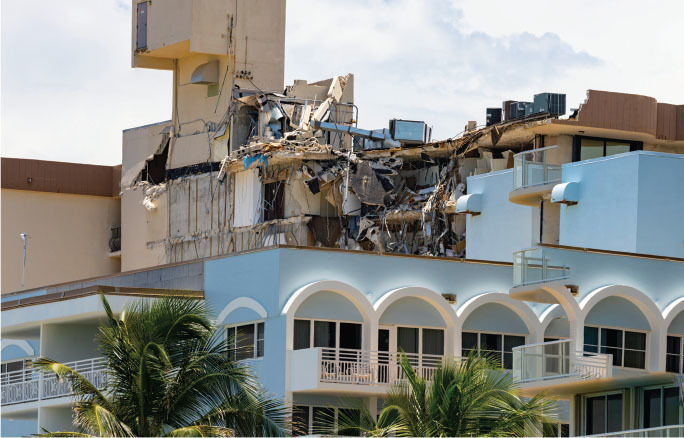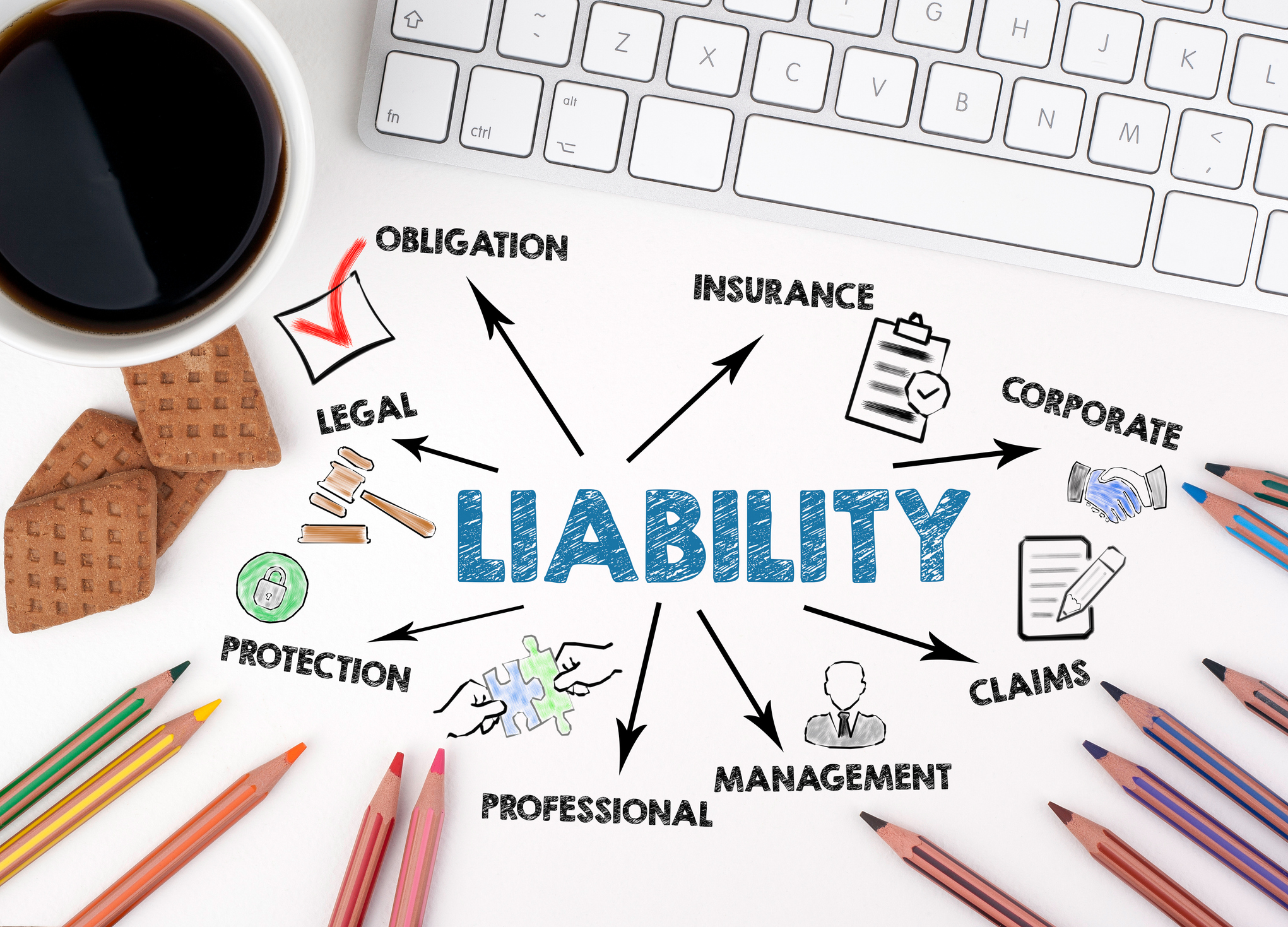March/April 2018
Legal Beat
Short-Form Contracts, ADA Claims
BY ARTHUR SCHWARTZ, DEPUTY EXECUTIVE DIRECTOR AND GENERAL COUNSEL

Question: I understand that the Engineers Joint Contract Documents Committee (EJCDC), in addition to publishing the Agreement Between Owner and Engineer for Professional Services (EJCDC E-500, 2014 Edition) also publishes the Short Form of Agreement Between Owner and Engineer for Professional Services (EJCDC E-520, 2015 Edition). Can you provide any guidance on the use of one document over the other? (Texas)
Answer: The abbreviated agreement form (“short form”) is intended for use only for professional services of limited scope and complexity. It does not address the comprehensive range of potentially important issues covered in E-500. Depending on the scope and complexity of the services and the project, the owner and engineer may be better served by using the Agreement Between Owner and Engineer for Professional Services (EJCDC E-500, 2014 Edition), or one of the several special-purpose EJCDC professional services agreement forms.
If the owner intends to enter into a construction contract for implementation of a design prepared under the short form, or otherwise associated with professional services provided under the short form, the owner may wish to consider using EJCDC C-700, Standard General Conditions of the Construction Contract (2013 Edition), and other 2013 EJCDC Construction Series documents. The terms and provisions used in EJCDC C-700 and the other EJCDC Construction Series documents are consistent with those used in the short form.
Question: I heard about a recent federal court decision in Illinois that protects design professionals who are sued for claims under the Americans With Disabilities Act. Can you comment? (Illinois)
Answer: The US Court of Appeals (4th Circuit), citing a 2010 Illinois Appellate Court decision, recently held that owners of a “public accommodation” (which includes places of lodging, recreation, transportation, education, and dining, among others) have a nondelegable duty to ensure that accommodations comply with the Americans with Disabilities Act. The court ruled that a property owner may not shift this responsibility to a design professional through a design contract even if a contract requires the design professional to design an ADA-compliant public accommodation.
In Chicago Housing Authority v. DeStefano and Partners Ltd., an owner hired a design professional to design several multifamily residential buildings. The contract included a requirement that the design professional certify that the design complied with the ADA. The US Department of Housing and Urban Development audited the project and found it was ADA deficient and required additional work to correct numerous issues. The owner then sued the design professional for breach of contract and indemnity. In bringing its state law claims, the owner argued that it had fulfilled its duties under the ADA because the owner had retained a licensed design professional to ensure ADA compliance. The court disagreed, stating: “An owner will be found liable for discrimination when a facility is not designed and constructed to accommodate individuals with disability, no matter the intent of the owner.” Moreover, “with exception of landlord-tenant relationships, there are no provisions within the ADA, or its accompanying regulations, that permit indemnification or the allocation of liability between the various entities subject to the ADA.” The court determined that it is the role of the legislature, not the judiciary, to determine whether the duties set forth in the ADA are delegable, and it is up to Congress to amend the statute to say otherwise.
Legal observers have noted that design professionals should not assume they are completely shielded from ADA claims based on these cases, but the holdings are nonetheless instructive and helpful in a time of what appears to be ever expanding liability exposure for design professionals.
Responses are based on questions posed to NSPE Legal Counsel Arthur Schwartz.
Are you an NSPE member with a legal question for this column? Send it to Arthur Schwartz, 1420 King St., Alexandria, VA 22314-2794; fax 703-836-4875; or e-mail [email protected].
These questions and answers do not, in any way, constitute legal advice. Always consult your own attorney before reaching any conclusions or acting upon any information presented in this forum. Also note that legal precedents change. An answer based on a case from several years ago may have a new perspective today.


 Volunteering at NSPE is a great opportunity to grow your professional network and connect with other leaders in the field.
Volunteering at NSPE is a great opportunity to grow your professional network and connect with other leaders in the field. The National Society of Professional Engineers (NSPE) encourages you to explore the resources to cast your vote on election day:
The National Society of Professional Engineers (NSPE) encourages you to explore the resources to cast your vote on election day:




